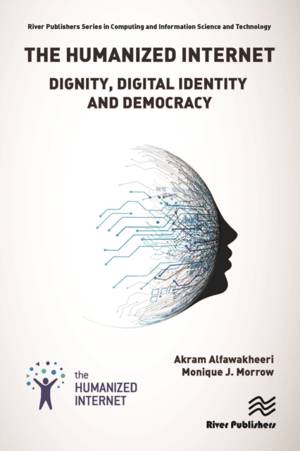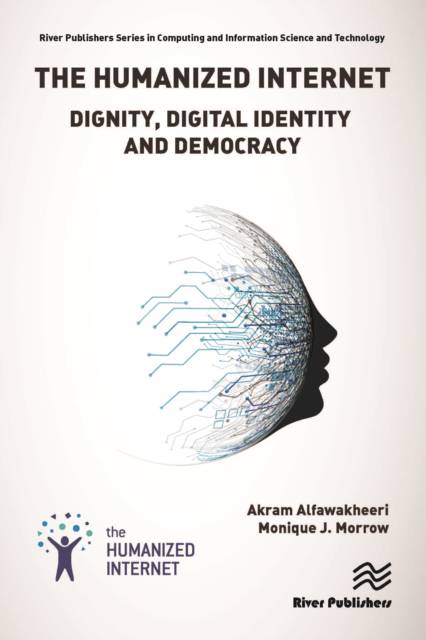
- Afhalen na 1 uur in een winkel met voorraad
- Gratis thuislevering in België vanaf € 30
- Ruim aanbod met 7 miljoen producten
- Afhalen na 1 uur in een winkel met voorraad
- Gratis thuislevering in België vanaf € 30
- Ruim aanbod met 7 miljoen producten
Omschrijving
Enterprising the Internet has been a process over the past years and while this book does not set judgement, it does call for a moment of pause and reflection on the impact of these technologies to individuals. There are constant key themes throughout this book such as the notion of identity and identity sets, e-sovereignty and privacy, but most importantly, the function of an Internet that is inclusive and not "controlled" by a few organizations for their own profitability. This is The Humanized Internet.
These tenets may sound libertarian, but in fact we are talking about the core principles that guide the development and perhaps the return of the Internet to the people, especially those who are underserved. "Do no evil" should not just be a company motto, but the driving principle behind the development of any technologies that do impact us as individual consumers of these technologies and corresponding products. Indeed, there is a polarity between and Internet that is used for mass empowerment and one that can be used for mass destruction. Privacy, security, and the management of your digital footprint should be done by you.
With the progression of human and machine interaction due to advances in biotech and the brain/computer interface, the cloud, and virtual/mixed reality, we need to understand the impacts of these technologies to identity overall. Do we require a new definition of identity? What is e-sovereignty and its application moving forward if we posit that the institutions that exist today may no longer be relevant in their current structure? We have all read about the abuses that occur when your data falls into the hands of other entities, intentionally or not. The Humanized Internet is therefore a call to action...your action.
Specificaties
Betrokkenen
- Auteur(s):
- Uitgeverij:
Inhoud
- Aantal bladzijden:
- 142
- Taal:
- Engels
- Reeks:
Eigenschappen
- Productcode (EAN):
- 9788770220323
- Verschijningsdatum:
- 30/07/2022
- Uitvoering:
- Hardcover
- Formaat:
- Genaaid
- Afmetingen:
- 156 mm x 234 mm
- Gewicht:
- 412 g

Alleen bij Standaard Boekhandel
Beoordelingen
We publiceren alleen reviews die voldoen aan de voorwaarden voor reviews. Bekijk onze voorwaarden voor reviews.







